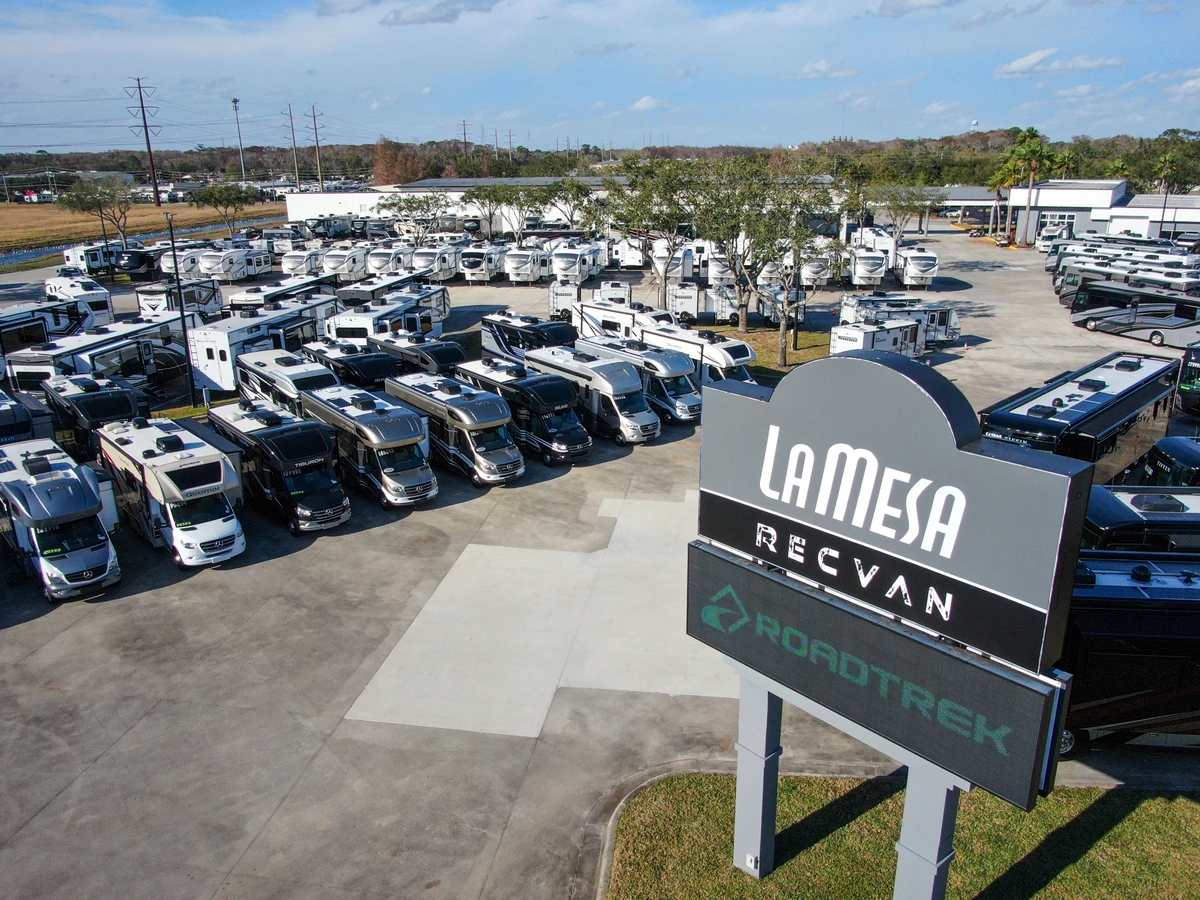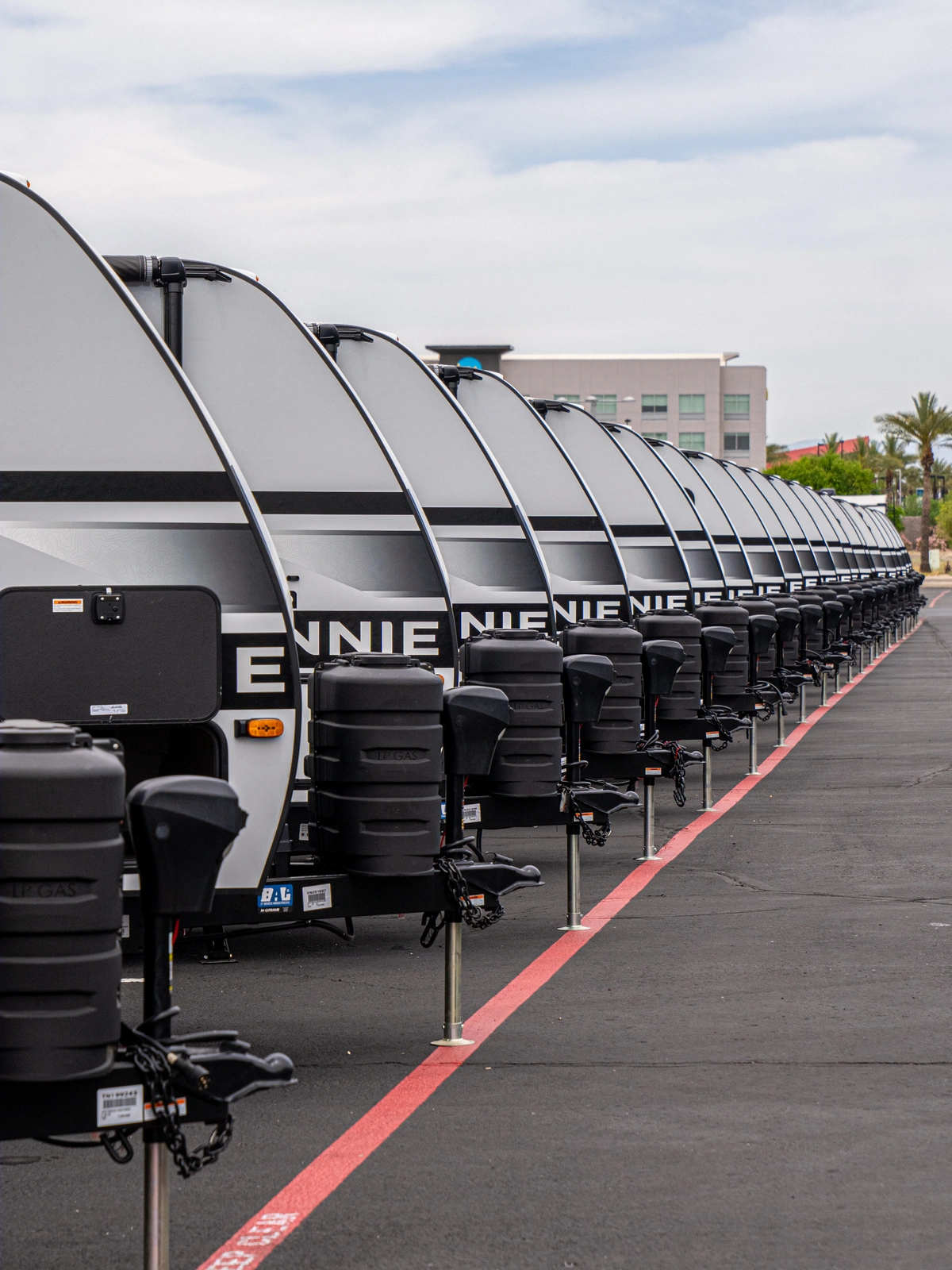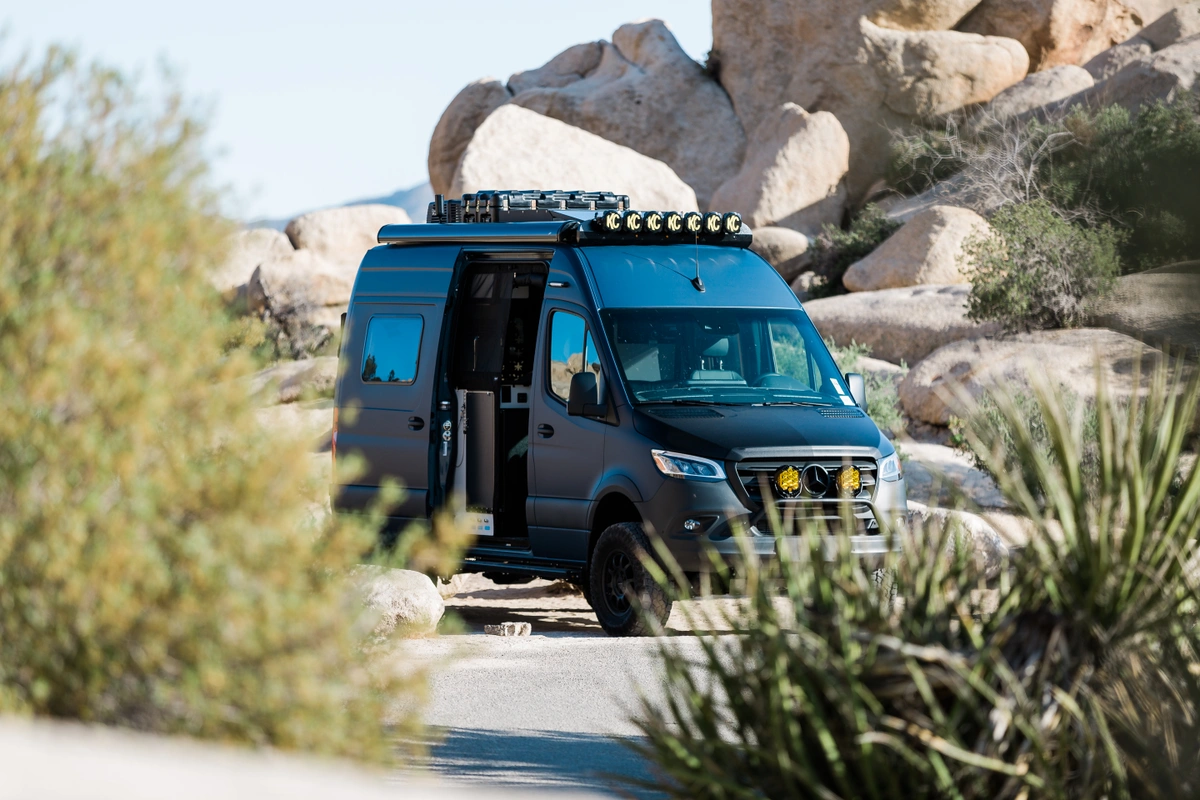No one expects to have a medical emergency while on vacation, but like the saying goes, "the best defense is good offense," and our offense is all about traveling prepared. We want to ensure you have the most epic adventure on your RV road trips, one that doesn't include going to the ER or shipping your motorhome back to your dwellings. But alas, life doesn't follow our plans and sometimes, the unexpected coils its way into our experiences. Today we're bringing you some tips on preparing for a medical emergency and who you can contact in the event you need to get your RV to the other side of the country.
Photography:@heykelseyj
Get CPR Certified
This is especially important if you're traveling with children. You can only benefit from learning the ins and outs of CPR - from choking to cardiac arrest, you'll be well equipped to act swiftly in a medical emergency. To get certified, contact your local hospital, The American Red Cross or take a CPR and First Aid course online here.
Keep A First Aid Kit on You At All Times
Make sure your first aid kit isn't a homemade one. Paying for a proper kit with all the supplies is the best way to make sure you're not forgetting any important pieces. If you or your little one is prone to cuts, prepare by adding extra gauze and bandages to your kit. You can buy one on Amazon for an inexpensive $25.
Don't Forget to Fill Prescriptions
This is especially important if you're planning a boondocking trip as you don't want to be hours away from the nearest CVS when you run out of your daily medications. Also, remember to make sure all your medications are available and on hand when you are backcountry (inhalers, EpiPen, Benadryl, etc).
Learn How To Operate Your RV
If you're in the passenger seat and your pilot has a medical emergency that leaves him unconscious, you need to be able to drive the motorhome to the nearest hospital. Take the time to learn how to operate your rig and be confident you can take over in the event of an emergency. RVs do not drive like your everyday vehicle, so it's critical you learn the basics in order to ensure a safe recovery.
Be Mindful Of Where You Are
Fortunately, google maps makes it easy to find the nearest hospital, or to note the address of the campground you're currently at, or the trailhead you're on. While you're traveling, be aware of your surroundings to ensure that if an accident does occur, you're prepared and can accurately explain your exact location to medics. Don't only rely on your phone! Often times cell service is limited at campgrounds or on trails, so carry a pen and paper with you to write down your location as to not forget where you are.
Insurance
This is key. If you have a medical emergency and are already dealing with ambulance bills, potential airlift expenses and the necessary return of your vehicle, you're going to want to understand the process BEFORE an accident occurs so your wallet can be ready. Look into supplemental RV insurance. We're not in the business of telling you who to go with, just that it would be wise to look into the available options as RV insurance can cover things like an emergency expense allowance, personal liability, return of your dependents and pets to your home, transportation of family members while you're in the hospital, return of your vehicle if you're unable to do so yourself, personal belongings coverage and so much more.
Are you planning on heading into higher altitudes this fall and winter? If so, let us know where you're going and check out or recent post on RVing In High Altitude and Everything You Need to Know.
Medical Emergency in your RV? Here's What You Need To Know
Sep 17, 2018 | 4 min read



